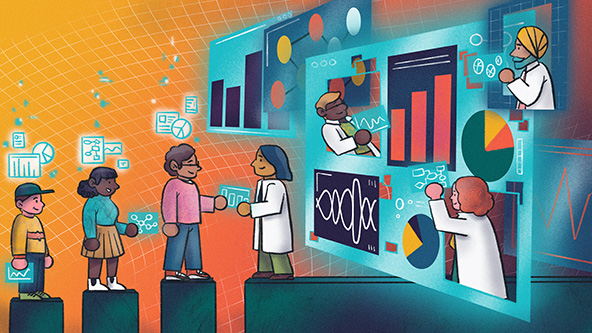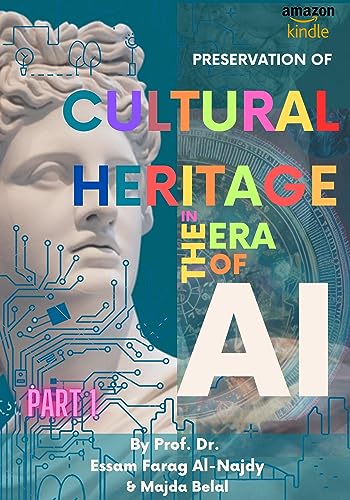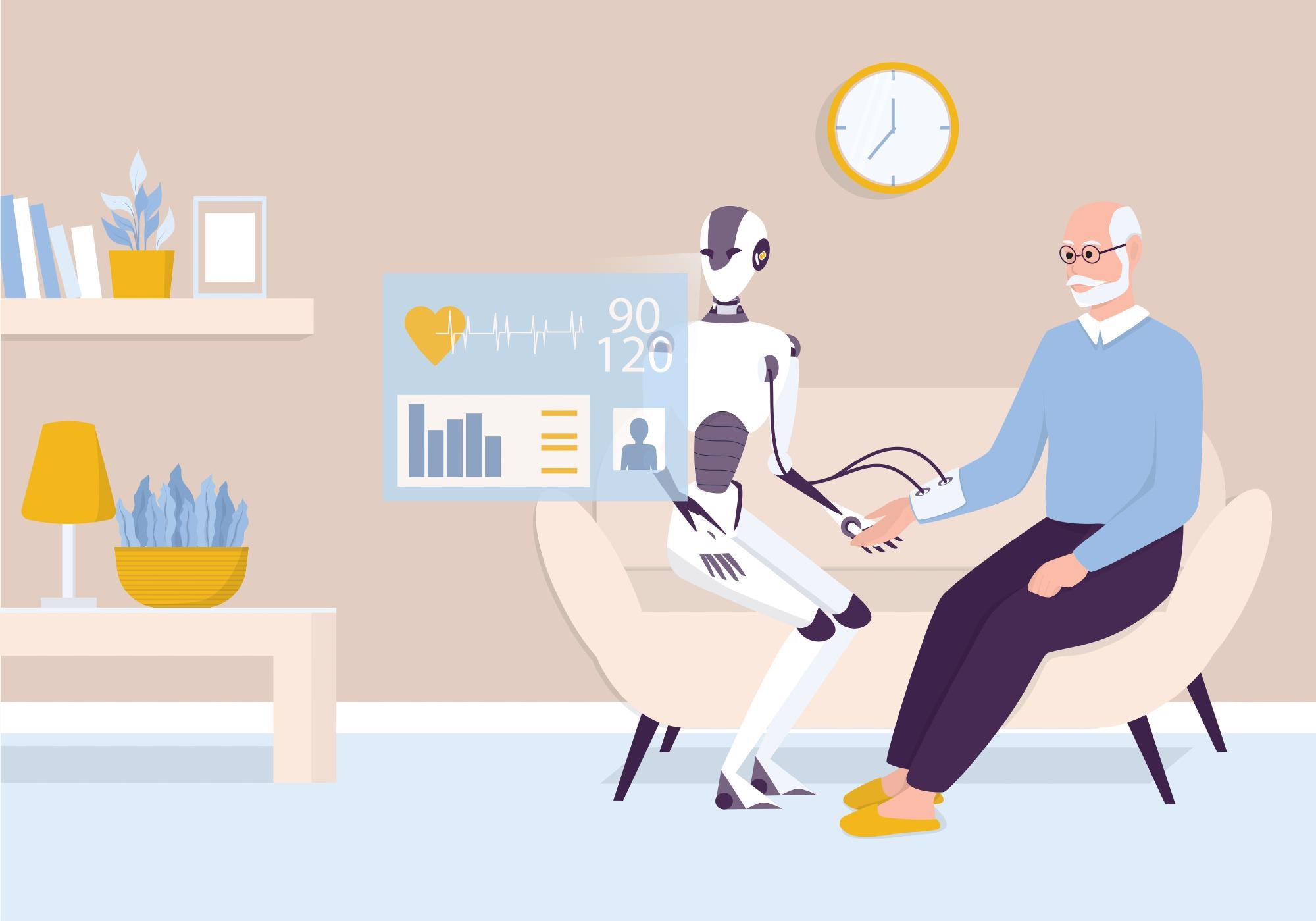In a world grappling with complex societal issues, philanthropy has always played a crucial role in driving positive change. Traditionally, it has relied on human generosity and compassion. However, in the 21st century, a new ally has emerged in the realm of philanthropy: Artificial Intelligence (AI). This powerful technology is transforming the way we approach and address social challenges, ushering in a new era of social impact.
The Rise of AI-Powered Philanthropy
Philanthropy has a long history of addressing societal issues, from poverty and healthcare to education and environmental conservation. Traditionally, it has relied on the generosity of individuals, foundations, and corporations to fund initiatives that aim to make the world a better place. While this model has been successful in many ways, it often faces limitations in terms of scale, efficiency, and impact measurement.
This is where AI steps in as a game-changer. AI, with its ability to process vast amounts of data, recognize patterns, and make predictions, has the potential to revolutionize the philanthropic landscape. Here’s how AI is making a significant impact:
- Data-Driven Decision Making
One of the fundamental ways AI is changing philanthropy is through data analysis. AI algorithms can process massive datasets quickly, identifying trends and correlations that might be impossible for humans to discern. This enables philanthropic organizations to make more informed decisions about where to allocate resources.
For example, organizations like GiveDirectly use AI to identify individuals in need of financial assistance based on their socioeconomic data. This targeted approach ensures that resources are directed to those who need them most, making philanthropy more effective.
- Predictive Analytics
AI’s predictive capabilities are invaluable in philanthropy. By analyzing historical data, AI algorithms can predict future needs and trends, allowing philanthropists to proactively address issues before they become crises.
In healthcare, for instance, AI can analyze patient data to predict disease outbreaks or identify populations at high risk. This allows organizations to allocate resources for early intervention and prevention, ultimately saving lives.
- Personalized Philanthropy
AI also enables personalized philanthropy. Donors can receive tailored recommendations for causes and organizations based on their interests and values. This not only makes the philanthropic experience more fulfilling for donors but also helps organizations secure the support they need.
Platforms like AI for Good provide donors with personalized recommendations for projects and initiatives aligned with their passions and beliefs, fostering a stronger connection between donors and the causes they support.
- Efficiency and Automation
AI-driven automation streamlines philanthropic processes, reducing administrative overhead and ensuring that more resources go directly to the causes they intend to serve. Chatbots, for instance, can handle donor inquiries and requests, freeing up human staff to focus on strategic initiatives.
Moreover, AI can optimize supply chain logistics for organizations involved in disaster relief or humanitarian efforts, ensuring that aid reaches affected areas quickly and efficiently.
- Impact Measurement and Transparency
Transparency and accountability are essential in philanthropy. AI can provide real-time monitoring and evaluation of projects, allowing donors to see the impact of their contributions. This fosters trust and confidence in philanthropic organizations.
For instance, blockchain technology, often used in conjunction with AI, can create immutable records of financial transactions and project outcomes. This ensures that funds are used as intended and provides a transparent view of the entire process.
Challenges and Ethical Considerations
While AI holds immense promise for philanthropy, it also raises important challenges and ethical considerations. These include issues related to data privacy, bias in AI algorithms, and the potential for AI to replace human decision-making entirely. It’s crucial for philanthropic organizations to navigate these challenges thoughtfully and responsibly.
The Future of AI-Powered Philanthropy
As AI continues to advance, its role in philanthropy will only grow. We can expect to see more innovative applications of AI in areas such as disaster response, poverty alleviation, and environmental conservation. AI can help us address complex global challenges more effectively and efficiently, making philanthropy a powerful force for positive change in the 21st century.
In conclusion, AI and philanthropy are a natural match, with the potential to create a profound impact on the world. By harnessing the power of AI for social good and addressing the associated challenges, we can unlock new opportunities to make the world a better place for all.
By embracing AI, philanthropy can evolve into a more data-driven, efficient, and impactful force, ultimately leading to greater positive change and a brighter future for humanity.





